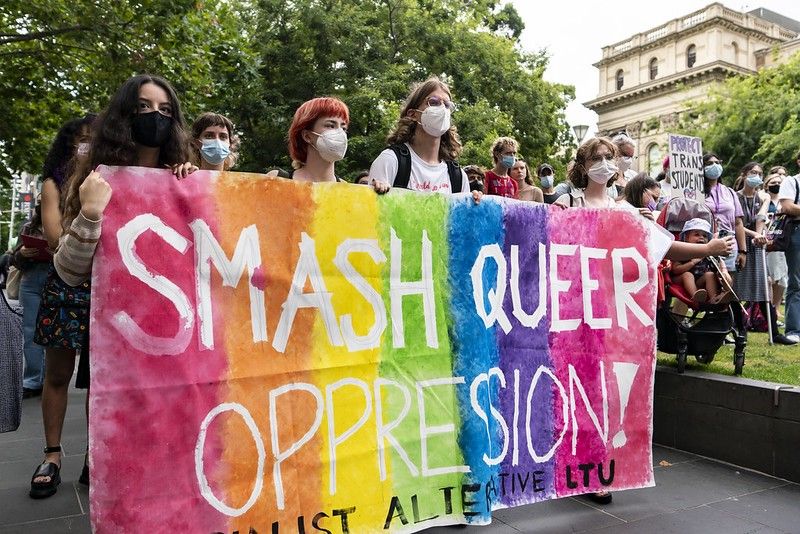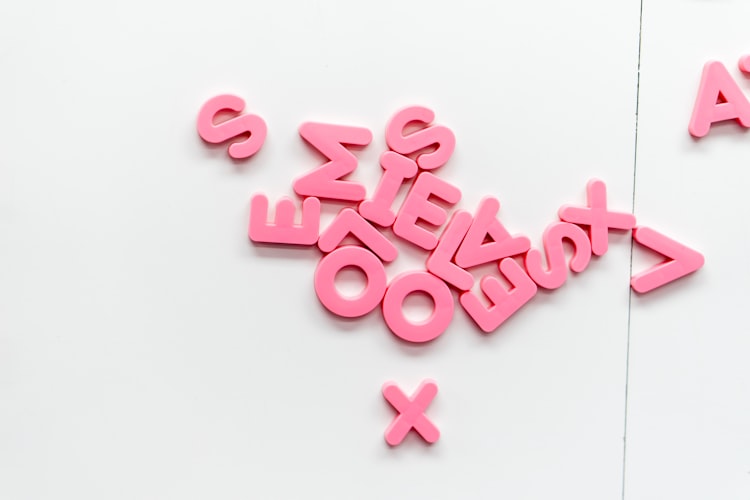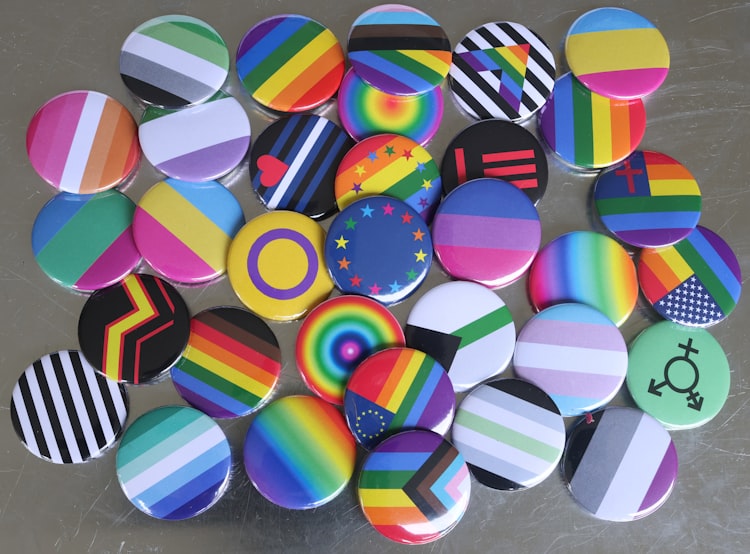Why “Sincerely Held Religious Beliefs” Are Hypocritical, Insincere, and Killing LGBTQ2S+ People

The religious right is effectively and self-righteously working to decimate human freedoms and LGBTQ2S+ lives.
If you value your freedom — as a queer person or an ally — let’s define 3 important terms:
- Sincerity is the “absence of pretence, deceit, or hypocrisy.”
- Beliefs are an ‘acceptance that something exists (God, UFOs) or are true, especially without proof, or a firmly held opinion.
- Hypocrisy is “The practice of claiming to have higher standards or more noble beliefs than is the case.” (Lexico.com)
Sincerely held religious beliefs are used to discriminate against LGBTQ2S+.
Sincerely-held religious beliefs lack critical thought. They’re unreasonable towards people who don’t believe or disagree. Pre-judgement of non-believers is what’s hypocritical.
Every human being has compromised their personal morality at least once.
- When was the last time you lied?
- Have you done something morally or ethically questionable?
- When did you prioritize your desires over your religious dictates?
Who gets the right to act as judge and jury, to pass sentence on another individual for being who they are?
Sincerely held religious beliefs are dangerously insincere.
By extension, all fundamentalist religions are hypocritical. The ideological belief that only some people have higher standards, and are thus morally superior, does not give that group pre-ordained authority to enforce moral dictates. That is no one’s right.
Every human being is entitled to understanding and dignity.
We each have the freedom and right to disagree. You don’t have to believe what someone else believes. But you must allow them the same freedom to express what they believe, as long as you don’t take away their freedom.
No one’s freedom is limited or controlled if you don’t assume authority over another person’s right to freely exist and express who they are.
Read more:
- The Threat of Religious Extremism and Radicalized Individuals to the Common Good
- “Sincerely Held Religious Beliefs” — A Specious Defence of Prejudice
Image: Matt Hrkac





Member discussion